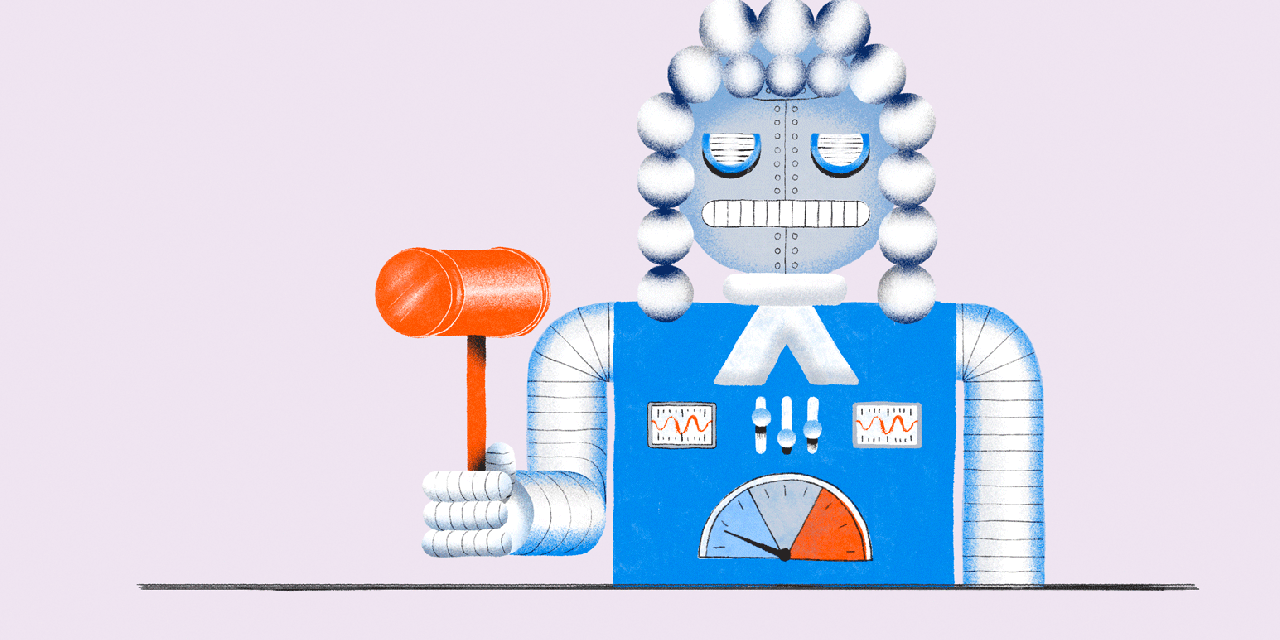Will AI spur a loss of craft among Gen Z and early career professionals?

A range of concerns is emerging around the use of generative artificial intelligence as more workers integrate the tools into their daily workflows. One growing fear is that Gen-Z workers and others early in their careers will rely too heavily on AI and won’t learn the principles of their professions.
Some industries that could be at greater risk for fundamental skills loss among early entrants are knowledge-based jobs relying heavily on writing and research, like paralegals and lawyers, and those in public relations and journalism, experts say.
The technology will get workers up to speed faster initially, but ultimately alter the way they develop more advanced skills needed to master their roles, and organizations and managers will have to adapt.
“They may not have had the learning moment that turned them into masters,” Bryan Hancock, a partner at McKinsey, said.
In the legal field, some lawyers are starting to use ChatGPT to help with essential tasks typically done by more junior employees like finding, reading, analyzing and summarizing documents.
As a young lawyer, Peter Rahbar, an employment attorney at the Rahbar Group, spent a lot of his time reviewing lengthy documents. That’s a task that can now be done using AI — though not without running the risk of receiving inaccurate or biased information that needs a second look.
In May a lawyer in New York used ChatGpt to write a court filing he submitted in a case against an airline, to later discover the AI tool “hallucinated” — or cited fake cases it made up.
“There are so many things they do that could potentially be replaced and I would say are essential steps in their development,” Rahbar said. “When you read the documents, learn about the case, and become the person who’s most knowledgeable about the facts, the ins and outs of the case, you build value to more senior lawyers. That’s how you earn your seat at the table.”
Other fundamental skills lawyers develop and refine throughout their careers that AI doesn’t possess include relationship building, paying attention to details and negotiating.
“All those things will still be important, with AI or not,” Rahbar said.
In the public relations field, ChatGPT and other generative AI tools are being used to help craft pitches, write press releases, come up with headline ideas and complete other related tasks.
But creativity is a key principle of the profession, along with relationship building. Some fear early entrants could lose or not develop those skills properly with over-reliance on AI, ultimately lowering the quality of their work.
“PR is not just a science, it’s an art,” Kelsey Sowder, vp of public relations at BLAST Media, said. “You never know what’s gonna resonate with a reporter that day.”
Across all industries, leaders will have to pinpoint exactly what skills are needed on top of AI to ensure younger generations can advance in their careers.
“We’ve gotten them through with the assistance of technology to be quite competent, but how do we make them true experts?” Hancock said. “What are the underlying things that we need to coach them on?”
As AI use grows and those answers become more clear, managers will be a key part of the equation.
“It’s actually the manager that needs to have the time, the space and the capability to coach. Managers are going to be key to getting them up the learning curve beyond what technology can do and help them be true experts and true masters in their jobs,” he said.
On the flip side, early career professionals will have greater knowledge around using AI than their managers and higher-ups, who will likely lean on them to learn how to properly use the tools at work.
Prompt engineering — or the skill of knowing exactly what questions to ask AI to get the right answers — is a skill employers are placing greater value on with more AI use, and one that early entrants are learning with ongoing practice.
“I think firms in their recruiting processes will be seeking out people who are either well versed or experienced in these tools,” Rahbar said. “Really making it be known that not only are you welcoming that technology, but you’re embracing it and you’re learning it, that’s a real way you can differentiate yourself from your colleagues.”


